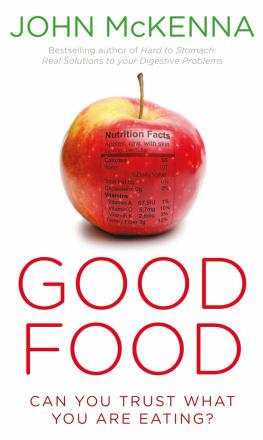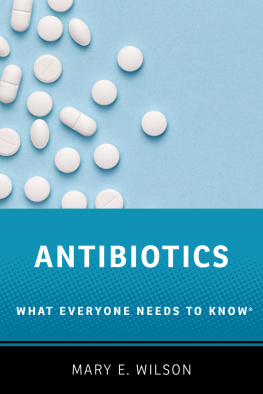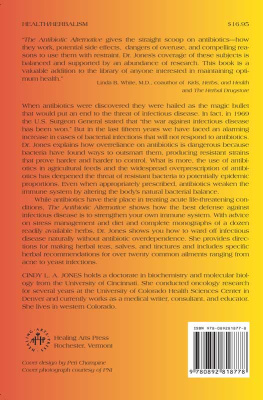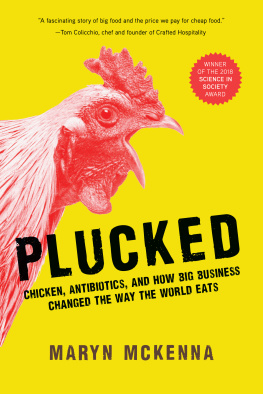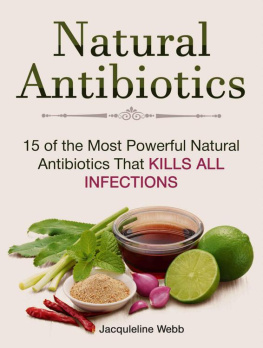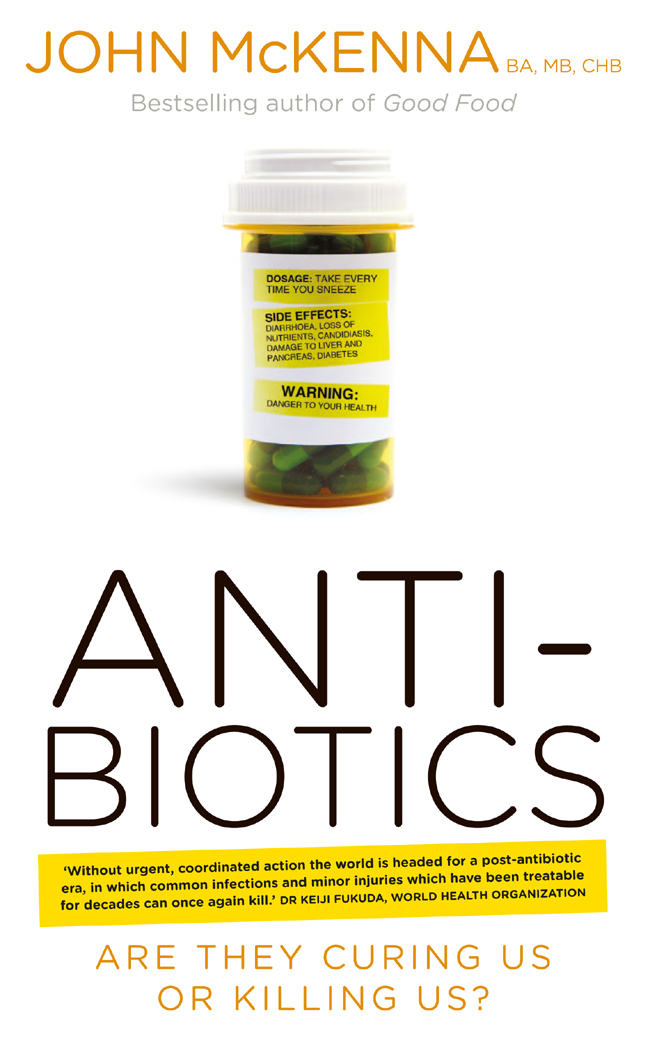John McKenna - Antibiotics – Are They Curing Us or Killing Us?: The Catastrophic Impact of the Over-prescription of Antibiotics on Our Health
Here you can read online John McKenna - Antibiotics – Are They Curing Us or Killing Us?: The Catastrophic Impact of the Over-prescription of Antibiotics on Our Health full text of the book (entire story) in english for free. Download pdf and epub, get meaning, cover and reviews about this ebook. year: 2014, publisher: Gill & Macmillan, genre: Religion. Description of the work, (preface) as well as reviews are available. Best literature library LitArk.com created for fans of good reading and offers a wide selection of genres:
Romance novel
Science fiction
Adventure
Detective
Science
History
Home and family
Prose
Art
Politics
Computer
Non-fiction
Religion
Business
Children
Humor
Choose a favorite category and find really read worthwhile books. Enjoy immersion in the world of imagination, feel the emotions of the characters or learn something new for yourself, make an fascinating discovery.

- Book:Antibiotics – Are They Curing Us or Killing Us?: The Catastrophic Impact of the Over-prescription of Antibiotics on Our Health
- Author:
- Publisher:Gill & Macmillan
- Genre:
- Year:2014
- Rating:3 / 5
- Favourites:Add to favourites
- Your mark:
Antibiotics – Are They Curing Us or Killing Us?: The Catastrophic Impact of the Over-prescription of Antibiotics on Our Health: summary, description and annotation
We offer to read an annotation, description, summary or preface (depends on what the author of the book "Antibiotics – Are They Curing Us or Killing Us?: The Catastrophic Impact of the Over-prescription of Antibiotics on Our Health" wrote himself). If you haven't found the necessary information about the book — write in the comments, we will try to find it.
Antibiotics: Are they curing us or killing us?
Without urgent, co-ordinated action by many stakeholders, the world is headed for a post-antibiotic era, in which common infections and minor injuries which have been treatable for decades can once again kill. Dr Keiji Fukuda, World Health Organization
For anyone reeling from this recent, shocking statement from WHO, Dr John McKenna is here to help. There is no doubt that there is a massive overuse of antibiotics. This book is for anyone who wants to do something about it.
The senseless over-prescription and misuse of antibiotics has rendered them almost useless, posing a catastrophic threat to our health. Superbugs are making hospitals increasingly dangerous places to seek help and experts predict we will soon regress to a time when simple infections and medical procedures threaten our lives once again.
Dr McKenna, a retired medical doctor who has been practising natural medicine for over 25 years with astonishing results, examines the issues at play. He reveals the truth about the pills your doctor prescribes you and details the often unknown side effects they can have.
ANTI-biotics has all the information you need to take your health into your own hands. You will learn how to recognise when antibiotics are hindering you instead of helping you, and discover natural alternatives to restore your health and strengthen your immune system.
Through a number of case histories, Dr McKenna shows the effects of MRSA, C. Difficile, TB, E. Coli and other infections that have developed antibiotic resistance. He explains, in laymans terms, the science of how different antibiotics affect different parts of the immune system.
His advice will help you take control of your health with practical tips to boost your immunity and to avoid misusing antibiotics.
John McKenna: author's other books
Who wrote Antibiotics – Are They Curing Us or Killing Us?: The Catastrophic Impact of the Over-prescription of Antibiotics on Our Health? Find out the surname, the name of the author of the book and a list of all author's works by series.

